My Gardenia needs help
sdogwood
19 years ago
Related Stories
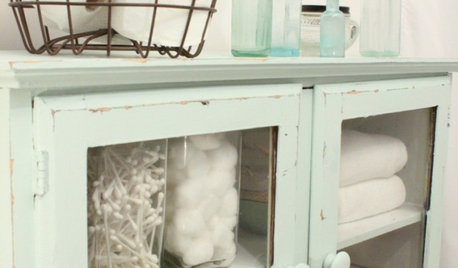
LIFEDecluttering — How to Get the Help You Need
Don't worry if you can't shed stuff and organize alone; help is at your disposal
Full Story
HOUSEKEEPINGWhen You Need Real Housekeeping Help
Which is scarier, Lifetime's 'Devious Maids' show or that area behind the toilet? If the toilet wins, you'll need these tips
Full Story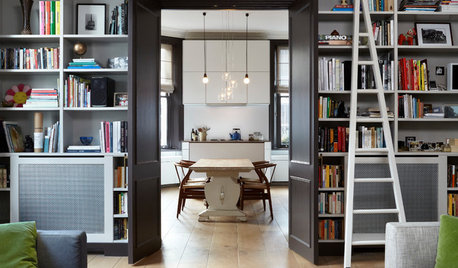
ORGANIZINGGet the Organizing Help You Need (Finally!)
Imagine having your closet whipped into shape by someone else. That’s the power of working with a pro
Full Story
KITCHEN DESIGNDesign Dilemma: My Kitchen Needs Help!
See how you can update a kitchen with new countertops, light fixtures, paint and hardware
Full Story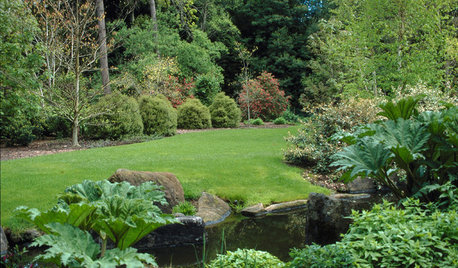
GARDENING GUIDESYou Don't Need Prairie to Help Pollinators
Woodlands, marshes, deserts — pollinators are everywhere
Full Story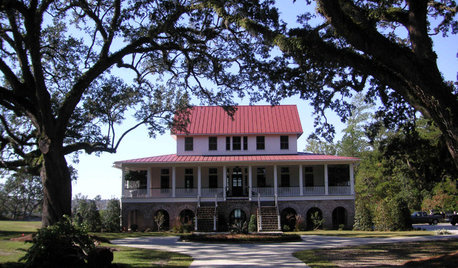
Sixties Southern Style: Inspiration from 'The Help'
Oscar-nominated movie's sets include formal entertaining spaces, front porch breezes and lots of florals
Full Story
8 Ways Dogs Help You Design
Need to shake up a room, find a couch or go paperless? Here are some ideas to chew on
Full Story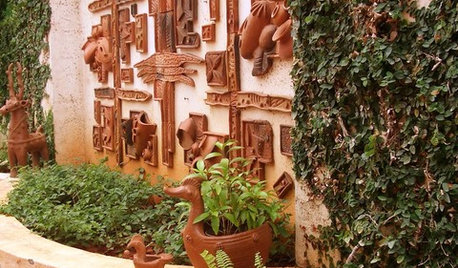
DECORATING GUIDESSlow Design: Today's 'Wabi-Sabi' Helps Us Savor the Moment
Learn about the design movement that's aiming to satisfy our real needs, leaving materialism in the past
Full StorySponsored






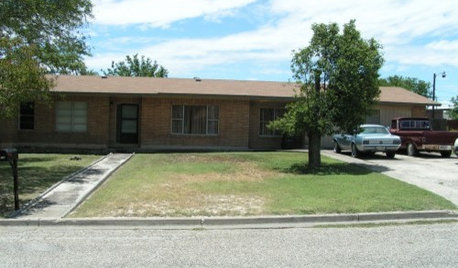
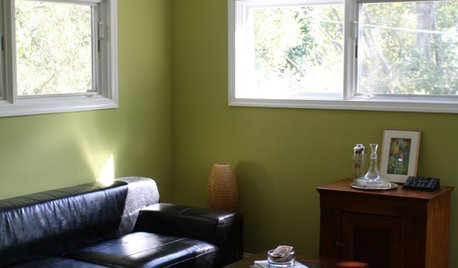
HeartofDixie_7b
HeartofDixie_7b
Related Professionals
Reading Landscape Architects & Landscape Designers · Arlington Landscape Architects & Landscape Designers · Fitchburg Landscape Architects & Landscape Designers · Redondo Beach Landscape Architects & Landscape Designers · Milford Landscape Contractors · Allentown Landscape Contractors · Aloha Landscape Contractors · Brooklyn Park Landscape Contractors · Gurnee Landscape Contractors · Little Ferry Landscape Contractors · Mendota Heights Landscape Contractors · New Cassel Landscape Contractors · Oak Harbor Landscape Contractors · Pleasant Grove Landscape Contractors · Westford Landscape ContractorssdogwoodOriginal Author
lisa455
live_oak_lady
oldblush
nanadeb1
jim2k
elishagt
Mike.Zajic